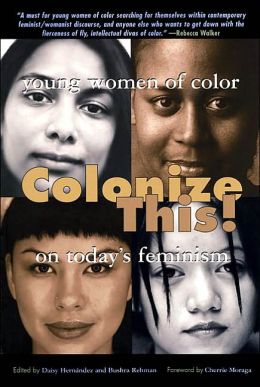Coal To Diamonds (2012) is Beth Ditto’s raw and demanding memoir. Written with Michelle Tea, Ditto holds nothing back, sharing family history, The Gossip’s gossip and her thoughts on the world at large.
I’ll be honest, I went into Coal To Diamonds with no expectations. I didn’t know about the band The Gossip (sorry fans), I vaguely recognised Ditto’s photo on the front cover and I had some recollection of her name being linked to the word ‘lesbian’. The book had been marked down 80% and I’m not one to walk past a bargain!
Coal To Diamonds is a short book, perhaps reflective of having only 32 years to recap, but certainly packs the punches that most would expect from Beth Ditto. She passionately describes her musical journey exploring the influences of Riot grrrl, feminism, zines and friendship families. When talking about abuse, she emphatically explains its normalcy within her home culture. Her initial encounters are conveyed as normal and as the reader, I was confronted by the starkness of her experiences.
Much of the memoir recounts Ditto’s founding years, set in Judsonia, Arkansas, before shifting to Olympia, Washington. My geographical understanding of the United States is so limited (there are two coasts?) yet Ditto’s elaborative and vivid descriptions filled my head as though they were my own memories. Judsonia is presented as a tight community with many inbuilt, ongoing problems including abuse of every kind. Olympia provides Ditto with the ‘big city’ freedom she lacked back home and a challenging command of independence. Both play a key role in the development of Ditto as a woman and a musician, in areas she reflects on as the memoir continues.
Throughout Coal To Diamonds, sexuality shifts in thematic presence. As Ditto comes to terms with her own sexuality, deeper recollections of sexual abuse arise and are reflected upon. Her friendship family includes other queers and she occasionally passes comment on society’s lack of acceptance. One relationship, with the seven year senior transgendered Freddie, helps her come to terms with her own identity. “He made my gender identity make sense to me, and he made my sexual identity make sense to me.” (p113)
Structurally, the reader is presented with a non-linear narrative, roughly divided into the beginning, the middle and now. In ‘the beginning’, we see Ditto as a child between family houses, sexual abuse and a growing awareness of the world. During ‘the middle’, Ditto recalls her change in world view (from the insular family to the extroverted career) and her own self discovery. Then, as though picked up and thrown forward by a powerful tornado, we are dumped into the ‘now’, and with a sense of emergency to get the story up to date, Ditto’s current life is sketched out.
Despite having absolutely no personal understanding of Ditto, the band or the punk movement, I was moved by Coal To Diamonds. The emotional flavour of the memoir stayed with me for days after I finished. The determination of the protagonist in every single hardship is presented with a beautiful honesty that cuts past celebrity and connects intimately with the human heart. It was a quick read that is well worth the couple of hours that I devoured it within.
If you are already a fan of Beth Ditto (why have you not already read it!), I am sure you will completely love this memoir. If you are interested in people’s lives, Ditto’s certainly is an interesting life to read about. While her experiences involve things that will be removed from most of her readers (eating squirrels shot by her stoned cousin), the universal concepts of self acceptance, perseverance and family will outshine any unusual side-stories.
Beth Ditto is the femme, glam, queer, fat, fashion icon and musical powerhouse that we all see and underneath all that, she’s a truly remarkable woman. I guess I’ll have to check out her music next!



